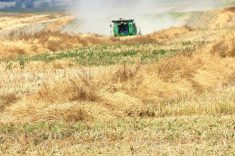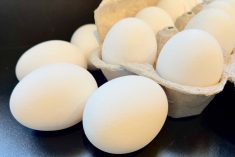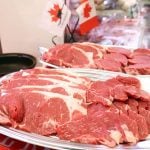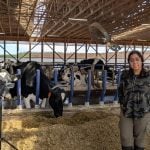Ottawa | Reuters — Canada said on Monday that a major trade deal agreed by 12 Pacific nations would only allow limited access to protected Canadian domestic dairy and poultry markets, a politically sensitive issue ahead of the Oct. 19 election.
Officials said the Trans-Pacific Partnership (TPP) would offer up just 3.25 per cent of the Canadian dairy market and around two per cent of the poultry market over five years.
Farmers said during the negotiations that they could be crippled if Canada gave up too much of its supply management system, which imposes strict production quotas and export tariffs to keep domestic dairy and poultry prices high.
Read Also
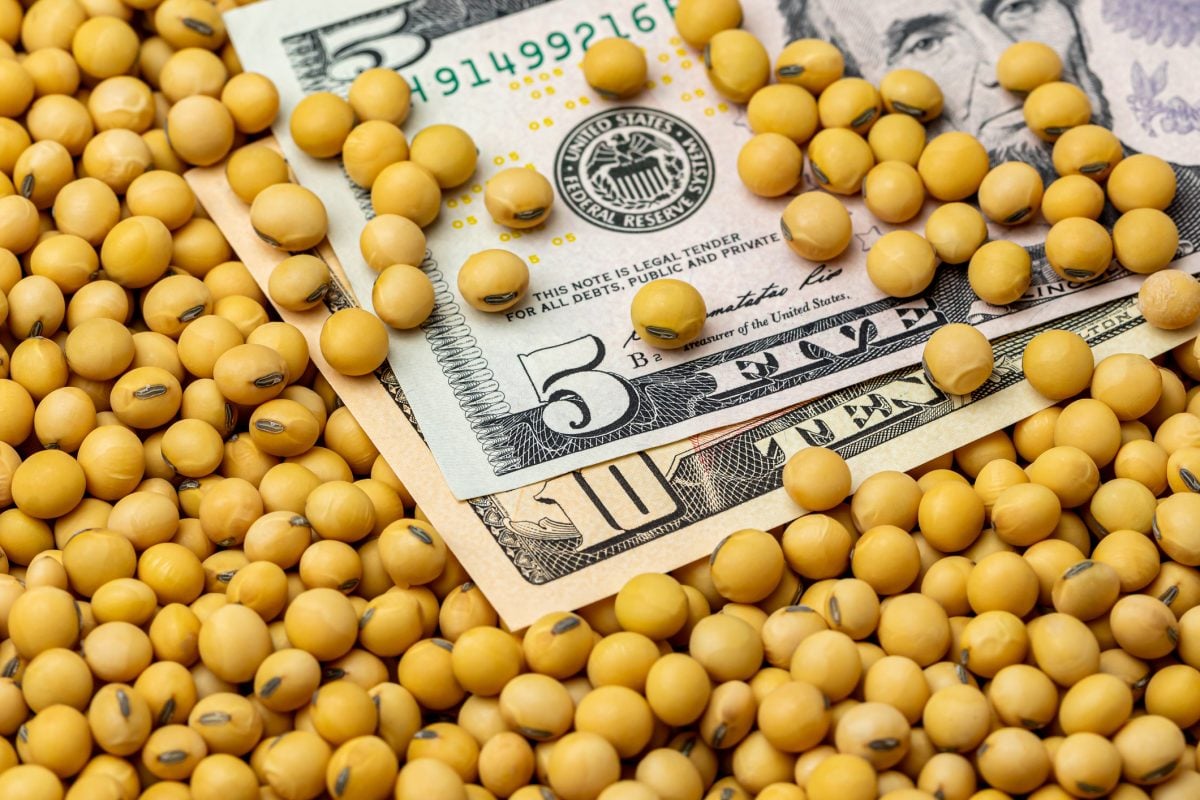
U.S. grains: Soybean futures hover near 15-month high after China buys U.S. cargoes
Chicago Board of Trade soybean futures hovered near a 15-month high on Wednesday after trade sources said China made its first purchases from the autumn U.S. harvest ahead of a summit between leaders Donald Trump and Xi Jinping.
Canada’s ruling Conservatives, locked in a tight election race, rely heavily on the rural vote. The main opposition New Democrats say if they form the next government, they will not feel bound by the terms of TPP.
Ottawa will also make available a total of $4.3 billion over 15 years to compensate dairy and poultry farmers for losses they might suffer under TPP and an earlier free trade deal negotiated with the European Union.
“Despite significant and broad demands from several of our TPP negotiating partners, Canada has only offered limited new access for supply-managed products,” the Canadian government said in a statement.
Another area of contention is rules of origin for autos sold in Canada. Under TPP, the total cost of a vehicle sold in Canada must contain 45 percent of content from TPP nations.
Canada, along with Mexico and the U.S., is a member of the North American Free Trade Agreement. The equivalent NAFTA rule of origin for cars sold in Canada is 62.5 per cent.
Canadian officials, speaking to reporters on the condition of anonymity, said TPP would open up great opportunities for beef and pork producers, who complain that high tariffs are hurting their prospects in major markets like Japan.
— David Ljunggren is Reuters’ national political correspondent in Ottawa.




